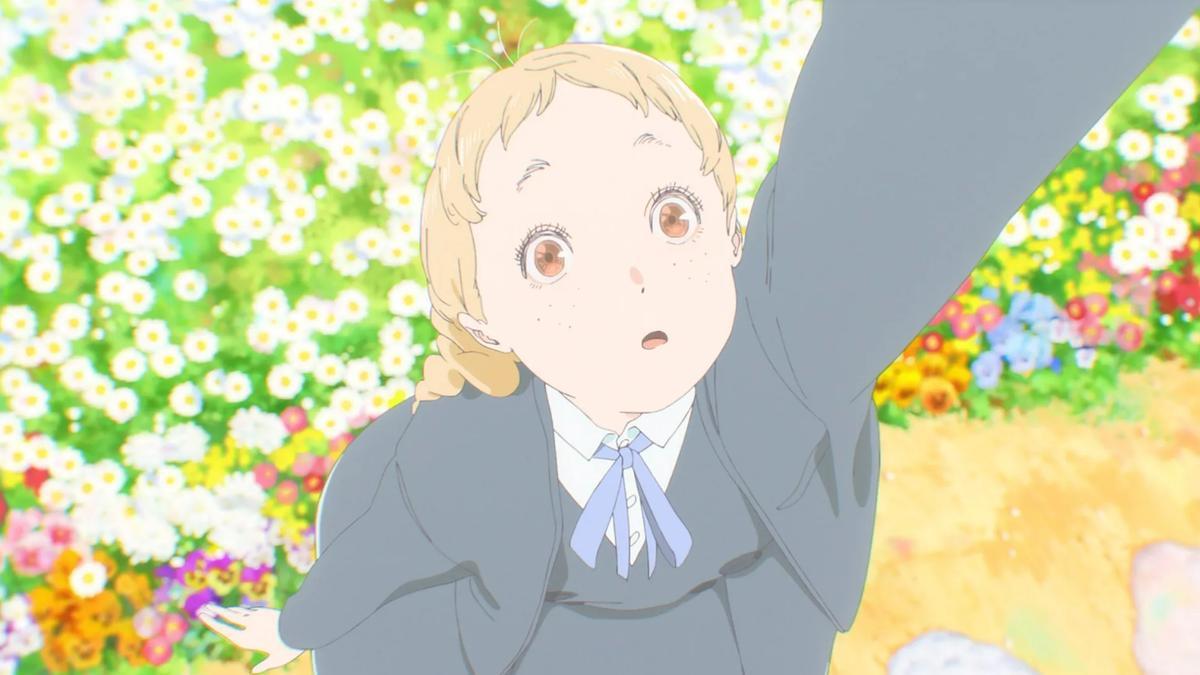
In today’s enlightening exploration, we delve into the histories and origins of ten commonly used English words, each with an intriguing backstory that stretches back centuries. These words, rooted in ancient languages and times, have traversed through cultures and epochs to emerge as components of our modern lexicon. They reflect humanity’s relentless pursuit of discovery, love for leisure, encounters with danger, culinary evolution, medical advancements, cultural assimilation, spirited indulgences, strategic thinking, industrial developments, and mythical narratives. Let’s uncover these linguistic gems and appreciate the rich tapestry they add to our everyday vernacular.
The genesis of our first term dates back to a delightful accident in 1754, as Sir Horace Walpole stumbled upon a once misplaced painting. His discovery inspired him to reference a Persian fable involving three princes from Serendip, the old moniker for Sri Lanka, whose adventures led to fortuitous discoveries. Hence, the word “serendipity” was born, symbolizing the happy accidents that grace our lives.
Our next word captures the essence of passion over profit. With its origin anchored in the Latin ‘amāre’, meaning ‘to love’, this term describes someone who pursues an activity purely for enjoyment rather than compensation. The word “amateur” reminds us that at the core of our endeavors, perhaps lies a simple love for the craft.
The third word in our list hails from the world of chance and uncertainty. “Hazard” evolved from the Arabic ‘yasara’, synonymous with the act of rolling dice, and mirrors the Spanish ‘azar’, which signifies a roll of misfortune. It represents circumstances fraught with potential danger or misfortune, capturing life’s unpredictable nature.
Turning to culinary history, we find a condiment that has undergone a significant transformation. It all started with ‘koe-cheup’, a fish sauce from the Chinese diaspora. By the 18th century, this recipe had been adapted in English cookbooks to include mushrooms, walnuts, vinegar, and tomatoes. Today, “ketchup” is a ubiquitous presence in fast-food restaurants worldwide.
In the medical realm, we attribute the term “vaccine” to Edward Jenner’s landmark discovery using the cowpox virus. The Latin ‘vacca’, meaning ‘cow’, provides the root for a word that has saved countless lives by immunizing them from deadly diseases.
Our sixth word owes its English introduction to Sake Dean Mahomed, an innovative entrepreneur and Indian immigrant to Britain who founded a commercial bath using amla and soapberry extracts. He adopted “shampoo” from the Hindi ‘champo’, to describe the massaging services he offered, thus enriching English with a term synonymous with hair care.
Embracing the Gaelic heritage, the word “whiskey” stems from ‘usquebaugh’, translated as ‘water of life’. This potent potation, especially its darker, malt-laden Scottish variation, evokes the spirit of the Scottish highlands with every glass.
Chess, an intellectually stimulating game, borrows its vocabulary from Persian, including the critical term “checkmate”, derived from ‘shāh māt’, describing the moment when a king faces inevitable defeat. This term, signaling the culmination of a strategic battle, now denotes the endgame in chess matches worldwide.
From ancient Rome to present-day homes, the profession of “plumber” has stood the test of time. It descends from the Latin word for lead, reflecting the material that has been shaped and mastered by those in this trade across millennia.
Lastly, inspired by Greek mythology, the term “clue” evolved from ‘clew’, a ball of string that Ariadne gifted Theseus to navigate the labyrinth and conquer the Minotaur. Altered slightly from its mythic origins, the word now aids us in deciphering mysteries and piecing together puzzles in life.
Closing on a thoughtful note, a molecular biologist from Madurai, creatively inclined with trivia and melodies, is composing a rock ballad ‘Coffee is a Drink, Kaapi is an Emotion’. A testament to how language, culture, and personal passions can harmoniously intertwine, reminding us of the everlasting evolution of words and their power to connect civilizations, past and present.
And there we have it, a dive into the etymological pool where ancient words swim alongside modern meanings, lending depth and dimension to our daily communication. Each term, a story; every word, a world waiting to be explored.










